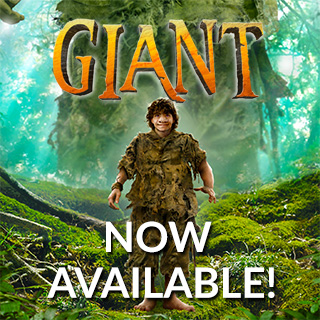What I Dream for My Children
Remarks by T. A. Barron
Western Rendezvous – September 3, 1994
Broadmoor Hotel
PDF
Just 10 weeks ago, we had a baby, our fourth. It causes me to wonder, again, what will his world be like: What do I dream for him?
To open up our discussion, let me describe five elements of my own life growing up in Colorado, and the hope they give me for my child’s own future:
1. Living close to the land. Our ranch north of Colorado Springs…finding a hummingbird nest…riding horseback…now Academy Blvd…playing by the creek. Danger: No planning, no restrictions on development. Hope: Hummingbirds still nest there. Great Outdoors Colorado initiative passed in 1992. Old venture capital principal: protect your competitive advantage. Ours is the land, air, and water.
2. Schools that make a difference. Public School District 20 had not enough money even then. Yet a few people who cared made a difference for me. Schools are now under great pressure—more people, less money. But the worst of it is — less stable families, communities, and schools take the burden. My mother’s decision to go back to school in her 50s, crying over her basic algebra lesson, yet she persisted. And yet: if our children are our greatest asset, are we investing in them enough? I worry deeply about those teachers — so undervalued. Hope: People who care can still make a difference.
3. Family. Families who laugh together, cry together, work and play together. The greatest dream of all: that my children should feel loved unconditionally for who they are. And the greatest nightmare: so many children are growing up today without these qualities in their lives. Hope: Despite all the pressures pulling families apart, people are turning off the television and tuning into each other.
4. Economic Opportunity. I always felt, even when I went back East to college or to work, that in Colorado, anything was possible. That big blue sky. My father moved here, worked like hell, started his life all over at 60, and managed to put all 7 of his kids through college. And so when I set up my own venture capital business, starting companies here seemed very doable. And so it has been. The danger: Making the mistakes of bigger states. Growth at any cost. Hope: Opportunity is still here — not through handouts or privilege, but through energy and vision. No barriers because of race, gender, or background. Also: that both of the competing strains in the American psyche, individual and community, will find fulfillment. “Only then…a society to match the scenery.”
5. Good food for thought. Stories, the media—whether we like it or not, such a big influence. Today — much worse. Passive entertainment — no lasting nutritional value—is everywhere. Worse yet, destructive entertainment—the video game Mortal Combat, television — from the morning cartoons to the evening news, the angry lyrics of rap music, the intolerance of Rush Limbaugh. The onslaught of materialism. We can do better! We need better.
This, more than anything, is what has caused me to change careers and devote time to writing books. Stories with real struggles, real pain — like our real world. But with something else: A sense of hope. A sense that people can communicate, not just attack each other’s differences. A sense of wonder. A sense of context, of purpose, of meaning. A sense of spiritual life — an awareness of a spiritual presence, a pattern greater than ourselves, in our lives. Hope: When I go around to schools to talk to kids, the light is still in their eyes. They want their lives to mean something.
Now … what are your dreams for your children?

